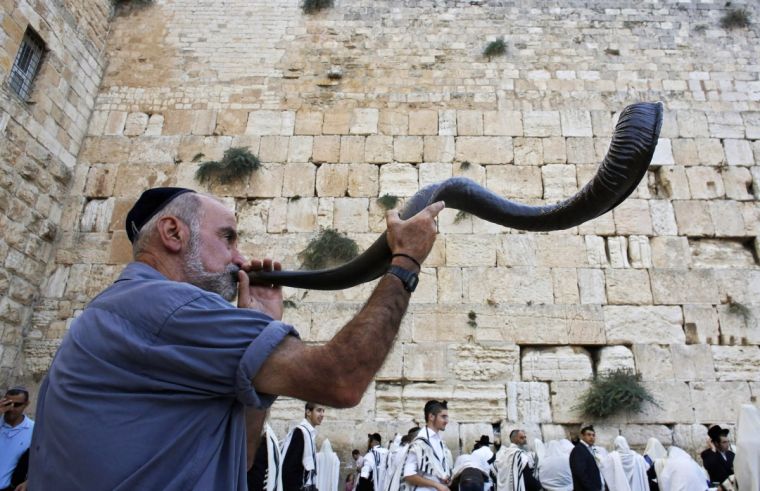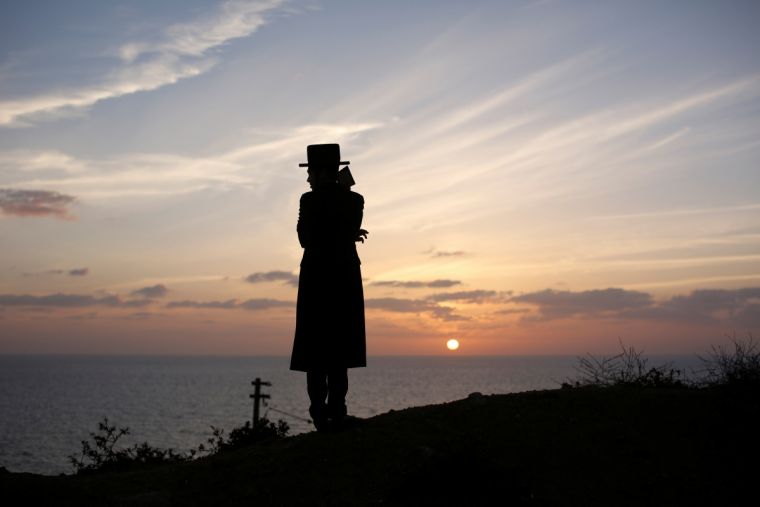Rosh Hashanah: Six facts you need to know as Justin Welby wishes 'Shanah Tovah'
Rosh Hashanah, the Jewish festival marking the start of the new year, begins tonight and marks the beginning of ten holy days before Yom Kippur, the day of repentance, on 29 September.
The Archbishop of Canterbury Justin Welby added his own 'Shanah Tovah' greeting on Wednesday - meaning 'have a good year' - as he reflected on his 'unforgettable' trip to Jerusalem with Chief Rabbi Ephraim Mirvis.

'As we look back on the year that has been, the growing depth of trust, friendship and mutual respect between us has been a joy and a privilege to share' said Welby. 'In the midst of all that frequently feels challenging and often bleak in increasing polarisation in society, it is vital that we commit to nurture and deepen our relationships beyond the confines of our own faith communities and across the country more generally.'
He added: 'May I take this opportunity to wish you a blessed Rosh Hoshanah as you celebrate and give thanks to God for all that has been and for all that is to come. Please be assured of my prayers for the gift of this time.'
As Jews around the UK and the rest of the world gather for the annual celebration, here are six facts you need to know about Rosh Hashanah.

1. It means 'head of the year' and is referred to in the Book of Leviticus 23:24-25 as 'a sacred assembly commemorated with trumpet blasts'. As such a shofar, an ancient musical horn, is still blown during services at the synagogue.
2. The date is based on the Hebrew calendar, which is entering its 5778th year, and is celebrated at the beginning of the month of Tishri, the seventh month in the Jewish calendar.
3. Because it is based on the Jewish calendar, the exact date it is celebrated varies although it usually falls around September or October.
4. It is not just humans who celebrate – the festival also marks the new year for animals and legal contracts as well.
5. The majority of Jewish people celebrate the festival by going to the synagogue and spending time with their family and friends. They also light candles and eat festive meals together. Traditional foods include dipping apples in honey, honey cake and raisin challah bread, all symbolising the hope of a sweet new year.
6. But it is not all singing and dancing. Rosh Hashanah is also seen as a time to cast off sin and ask for forgiveness. On the first afternoon, religious observers perform the Tashlich ceremony and using an idea taken from Michah 7:19 – 'You will again have compassion on us; you will tread our sins underfoot and hurl all our iniquities into the depths of the sea' – the ceremony is commonly marked by throwing breadcrumbs into water.











